Focus
Your Present Location: HOME> Focus-
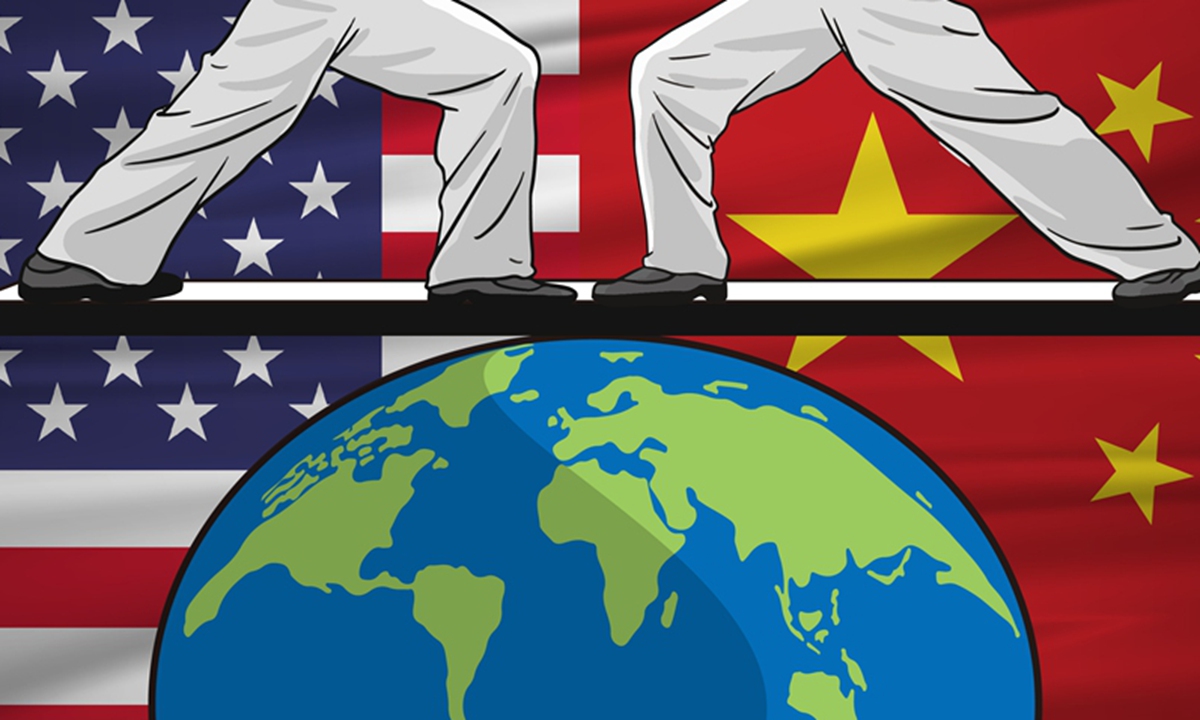
Wang Wen: Era of fresh wealth follows US election
A new cold war with the US is not part of China's five-year plan. In the detailed proposals for the 14th Five-Year Plan and the long-range objectives through 2035, the US was not mentioned. In terms of foreign relations, the plan mentioned opening up to the outside world at a higher level, building a new type of international relations and creating a favorable external environment. These can lay the foundation for cooperation with Biden's "foreign policy for the middle class."
2020-11-10 -
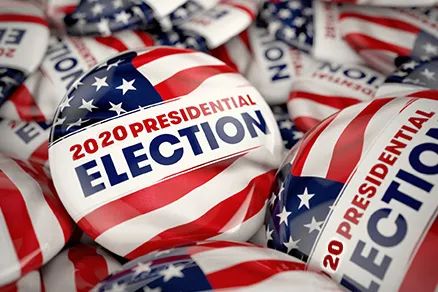
Behind the U.S. Election Chaos
According to the usual practice, the election results will be announced on the second day of the U.S. election day, but three days have passed, and the results of this year’s election are still uncertain.
2020-11-09 -

As RCEP Deal Draws Near, Japan Jitters As India Shows No Sign Of Reconsideration
2020-11-09 -
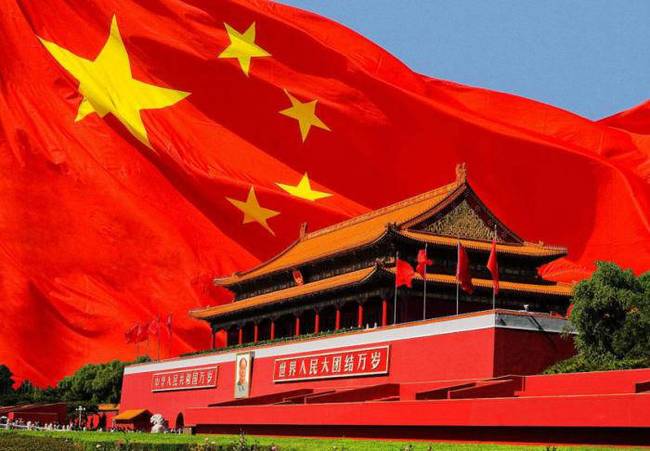
From fighting the epidemic to economic recovery, Xi Jinping’s speech highlights China’s role in a special period
Under the raging epidemic, China has stood with the world in an open attitude and assumed the responsibility of a great power. As Chinese President Xi Jinping said in a keynote speech at the opening ceremony of the Third China International Import Expo on the evening of the 4th, China is willing to work with other countries to create opportunities in opening up, solve problems in cooperation, and work together to create a better life for mankind. tomorrow!
2020-11-06 -
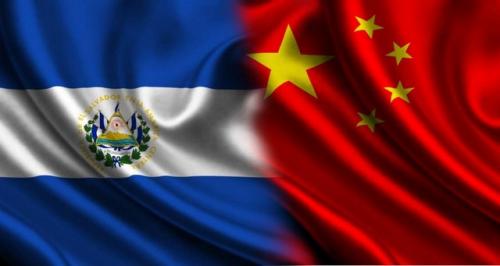
Vijay Prashad: U.S. is doing its best to lock out China from Latin America and the Caribbean
On August 20, 2018, El Salvador’s leftist president Salvador Sánchez Cerén announced on national television that El Salvador would break its ties with Taiwan and recognize the People’s Republic of China. This was in accord with international law, said Sánchez Cerén, and it would bring “great benefits for our country.”
2020-11-06 -
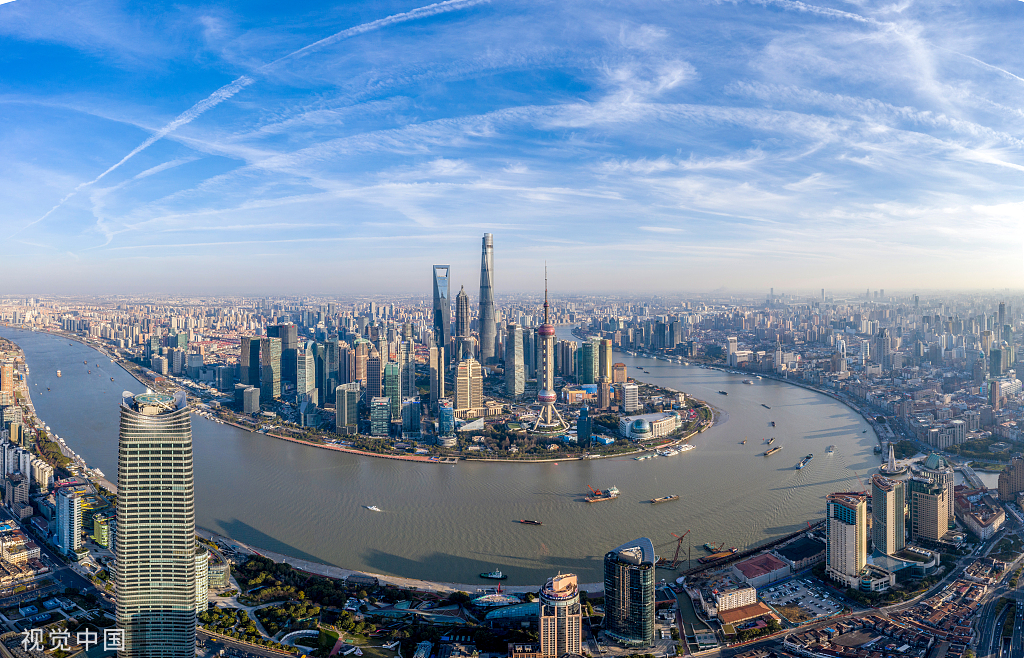
John Ross:China sets its sights on becoming a high-income economy
The press conference which followed the Fifth Plenary Session of the 19th CPC Central Committee put forward guidelines not only for China's next five-year plan, for 2021-2025, but also for more medium-term development of China up to 2035. The two are interrelated because the next five-year plan will inaugurate a qualitatively new period in China's economic development which is of global significance. This goes beyond the fact that China's short-term economic prospects are better than for any other major country, with the International Monetary Fund estimating it will account for 60% of global growth in 2020-2021.
2020-11-06 -
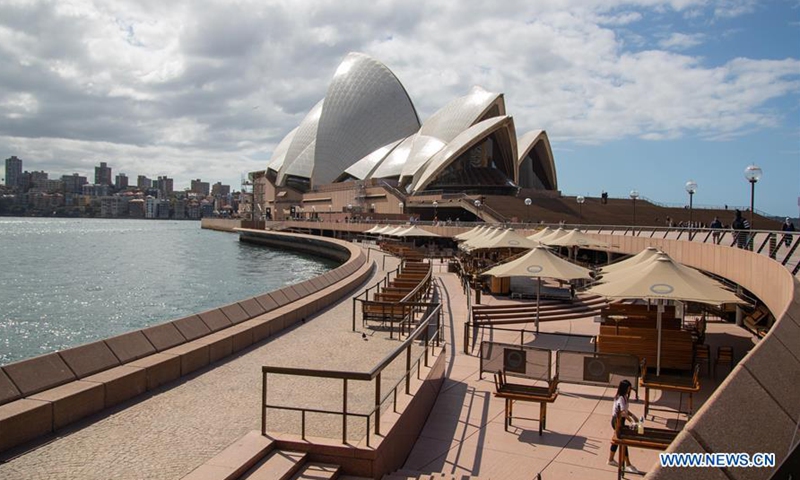
Australia nervous at losing Chinese market
Chinese analysts believe the reported visit of Australian ambassador to China to the 3rd China International Import Expo (CIIE) in Shanghai, reflects Australia's need for the Chinese market amid worsening diplomatic ties and its economic consequences.
2020-11-05 -

Vijay Prashad:The US is doing its best to lock out China from Latin America and the Caribbean
On August 20, 2018, El Salvador’s leftist president Salvador Sánchez Cerén announced on national television that El Salvador would break its ties with Taiwan and recognize the People’s Republic of China. This was in accord with international law, said Sánchez Cerén, and it would bring “great benefits for our country.”
2020-11-05 -
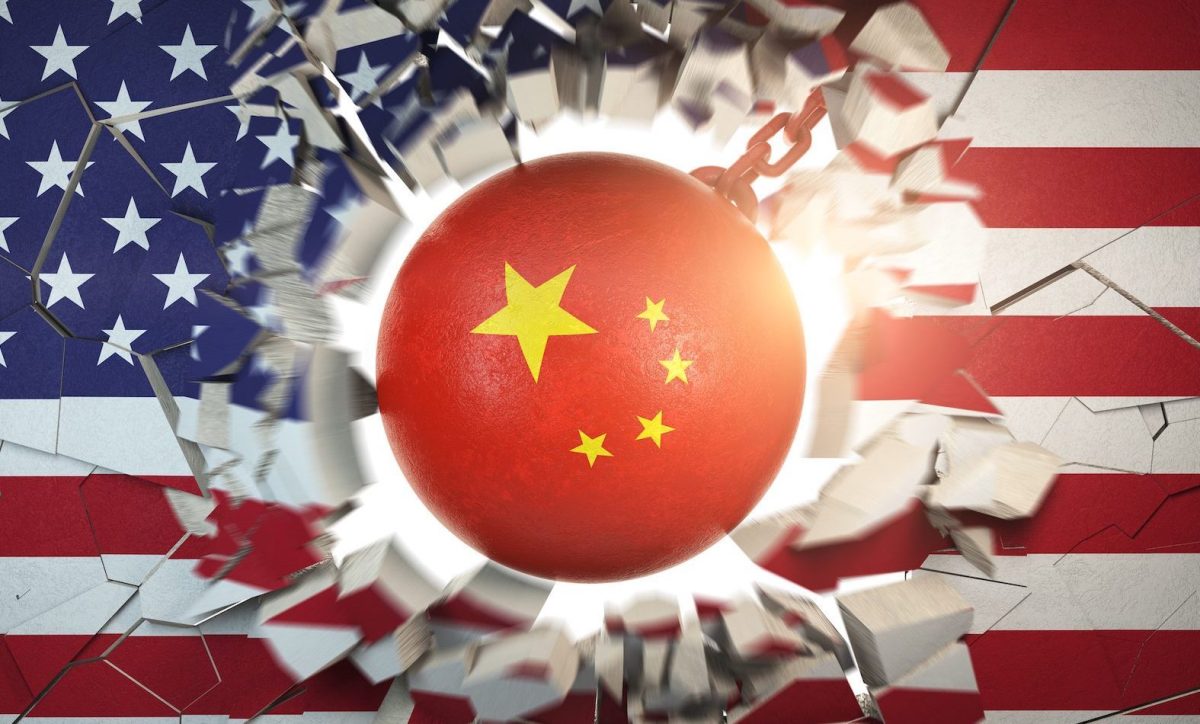
He Weiwen: Why Decoupling with China will Fail
Decoupling with China has been the flagship word of the day in Washington under the presidency of Donald Trump. The unilateral tariffs on Chinese goods imposed in 2018 and 2019 were only the initial maneuver in this direction. Since the outbreak of the coronavirus pandemic, we have seen an intensification both in words and deeds in the U.S. for ultimate decoupling with China.
2020-11-04 -

William Jones: China's latest five-year plan: Restarting the world economy
As China begins to deliberate its next five-year plan, the rest of the world still finds itself in the throes of the COVID virus, indeed, perhaps entering into a new and more serious phase. This is partly due to the chronology of the virus. China was the first country affected by the coronavirus. And it acted quickly and with great vigor, and was therefore the first country to battle its way out of the danger zone. Other countries were affected somewhat later and they reacted slowly and less rigorously in spite of the example shown by China.
2020-11-04 -
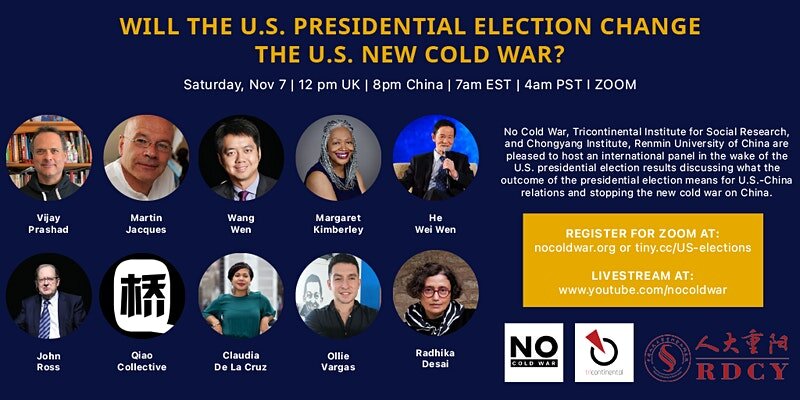
【2020-11-07】Will the US Presidential Election Change the New Cold War?
Join U.S., Chinese and other experts opposing a New Cold War who will analyze the consequences of the outcome of the U.S. presidential election. Register for this international panel here.
2020-11-04 -

Peter Koenig: “Democracy” vs. COVID: A No-Go. The Great Reset is the Antidote of Democracy
“German soldiers could be sent on crisis missions to other NATO and partner countries during the second wave of the Corona pandemic. As a spokesman for the Ministry of Defense confirmed, the German government has promised NATO support for its “Allied Hand” emergency plan. According to this plan, medical personnel, pioneers and experts from the force would be made available for foreign missions to counter nuclear, biological or chemical hazards as required. The contingency plan is to be activated, for example, if a collapse of the health care system is imminent in allied or NATO partner countries due to very high infection rates and the affected state asks for support.”
2020-11-03 -
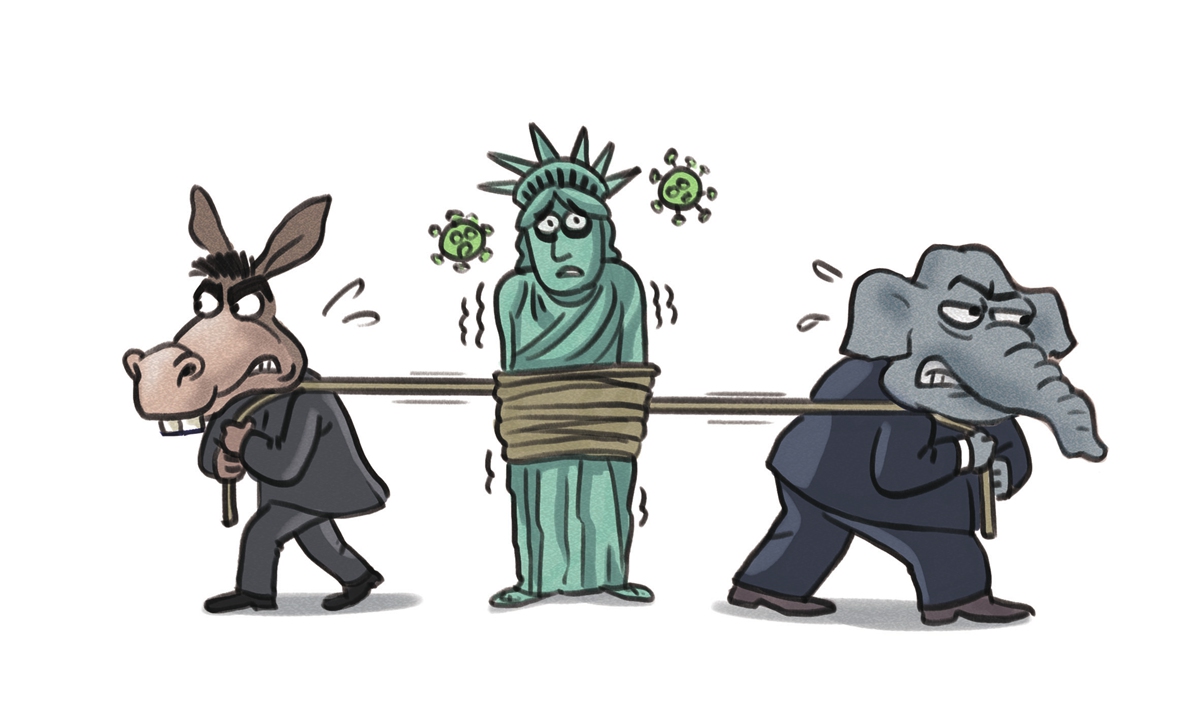
Zhao Minghao:COVID-19 continues to ravage US, but political crisis has no vaccine
The COVID-19 pandemic in the US is still worsening. Over 1,000 Americans are dying from the virus every day. In particular, the outbreak in the US is spreading to remote and rural areas. The epidemic in more than 40 states has intensified lately.
2020-11-03 -

Wang Wen: The 14th Five-Year Plan stresses global vision
In the past year, I have been honored to be employed as a consultant of the 14th Five-Year Plan by two ministries and a western province. I have deeply felt that it is difficult and complex for China, a global power, to formulate its five-year plan, and that the 14th Five-Year Plan is comprehensive, consistent and practical. The new plan stresses global vision.
2020-11-03 -
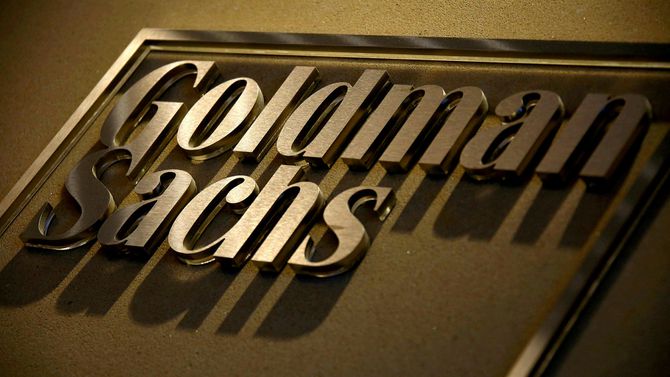
Wang Yanhang:Goldman Sachs’ involvement in 1MDB scandal is a warning for financial sector
Goldman Sachs recently agreed to pay more than $2.9 billion to regulators around the world to resolve probes into its central role in the 1Malaysia Development Berhad (1MDB) debacle, CNBC reported.
2020-10-30 -
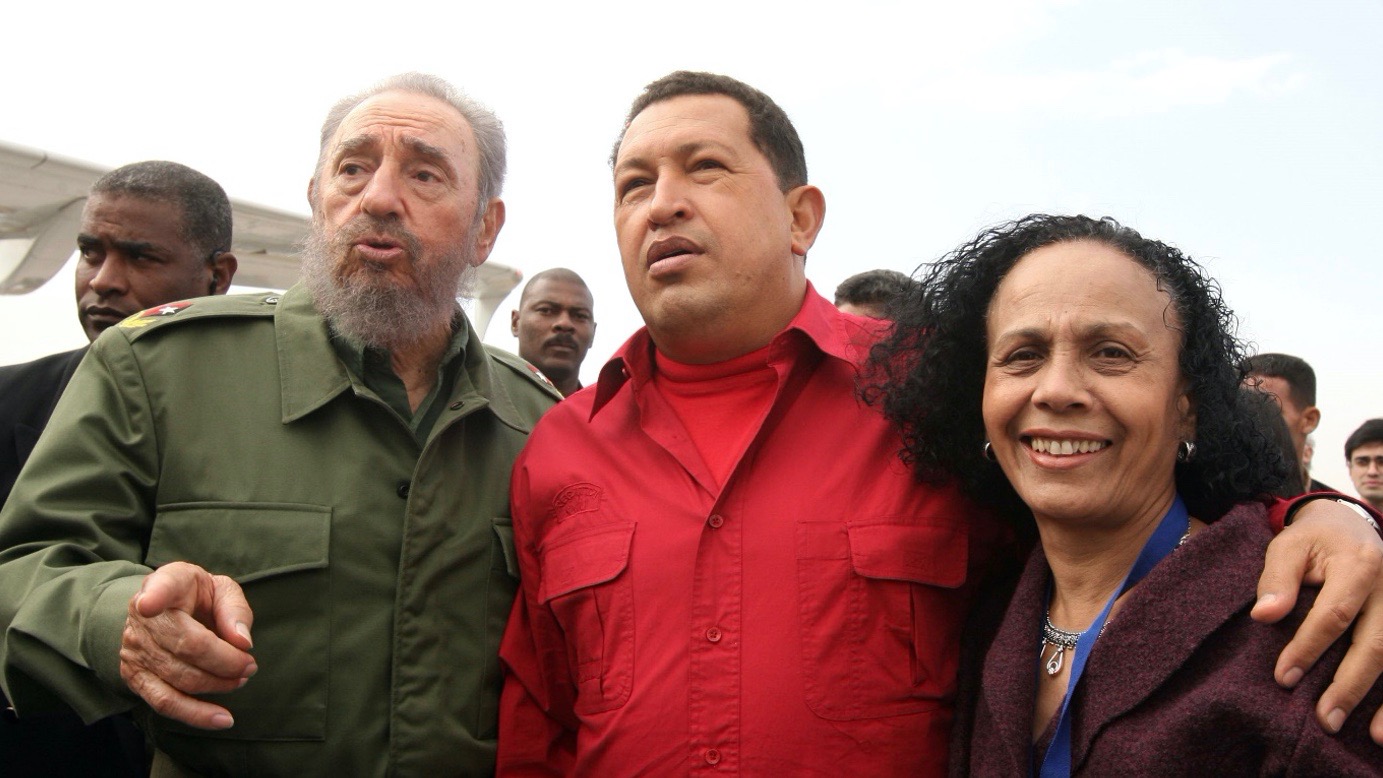
Vijay Prashad:How Venezuela has held back COVID-19 in spite of the US sanctions stranglehold on its economy
Not for one minute during this pandemic has the United States stopped trying to overthrow the government of Nicolás Maduro in Venezuela. A seam of cruelty runs through US policy, which by its sanctions regime prevents Venezuela from open trade of its oil to import key medical equipment to help break the chain of the virus and heal those infected by it.
2020-10-30 -

First ever commercial US grown rice unloaded in China
The US is a major agricultural exporter, and agriculture is an important area to balance China-US trade
2020-10-29 -

HSBC Q3 results ‘show significance of mainland market’
China is the first major economy in the world to return to growth despite the pandemic. Being one of the most important markets for HSBC, the steady economic growth in the Chinese mainland underpins HSBC's business recovery
2020-10-28 -
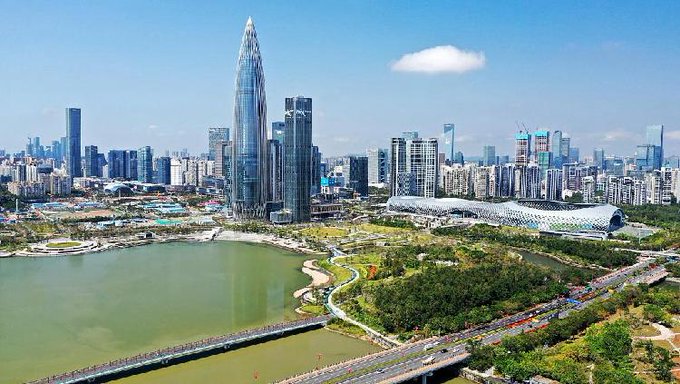
In push to eradicate poverty there will be no retreat
The first and most important of all human rights is to be alive, without which everything else is meaningless
2020-10-28 -
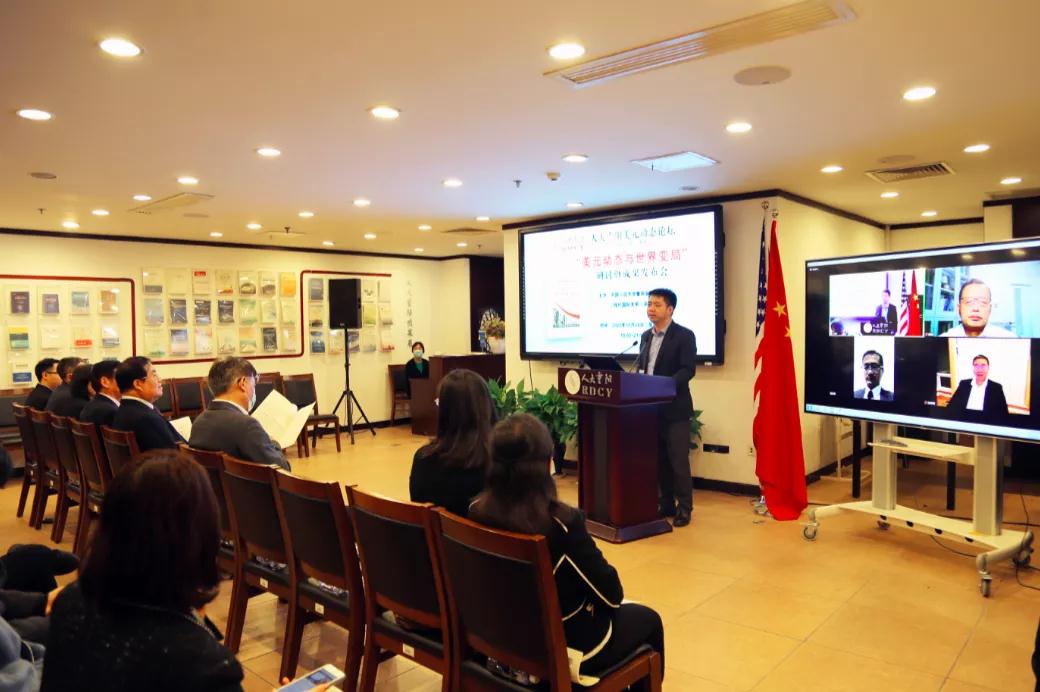
US dollar seminar held in Beijing
Since the outbreak of COVID-19, the monetary and fiscal policies of the United States are showing a tendency toward extremes, which has caused a considerable impact on the international status of the US dollar. On Oct 24, the seminar "US Dollar Dynamics in the Evolving Global Environment" was successfully held, sponsored by the Chongyang Institute for Financial Studies at Renmin University of China, and Contemporary International Relations, organized by the Sino-US People-to-People Exchange Research Center and operated by the university. More than a dozen relevant experts and scholars attended and launched a heated discussion.
2020-10-27
























































































 京公网安备 11010802037854号
京公网安备 11010802037854号





